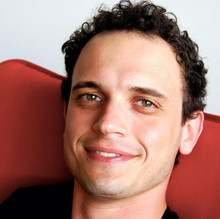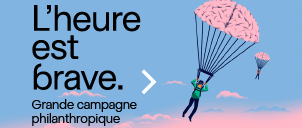Unsupervised Reinforcement Learning for Robotics
Par
Misha Laskin
Vendredi 19 mars 2021, 10:30-12:00
Sur zoom
Pour assister à la conférence, remplissez le formulaire Google avant jeudi 18 mars, 19h.
Résumé:
The last five years have seen tremendous progress in the field of deep reinforcement learning (RL), which enabled artificial intelligence (AI) agents to master classic games like Go, play video games from pixels, and learn robotic control tasks. While impressive, a closer look at these breakthroughs reveals some fundamental limitations. Today’s RL algorithms require enormous amounts of data and computation to train, and produce narrow agents capable of solving only the tasks they were trained on. Enabling efficient training of generalist AI systems could have wide-ranging real-world impact by bringing us robots that can help the elderly live independently, autonomous vehicles, digital assistants, and more. In this talk, I will first address the problem of training narrow AI agents efficiently by covering advances in unsupervised representation learning, efficient algorithms, and effective architectures that have produced RL agents capable of learning as efficiently from pixels as they do from coordinate states. I will then demonstrate how these techniques allow real robots to learn basic skills directly from pixels within 30 minutes of training time. Finally, I will discuss future directions that build on these results to develop AI agents that generalize beyond their training domains.
Biographie :
Misha Laskin is a Postdoc at UC Berkeley advised by Pieter Abbeel where he works at the junction of unsupervised learning, reinforcement learning, and robotics. His overarching research goal is to enable the efficient training of AI systems capable of generalization with applications to robotics. His work has been published in top-tier journals and conferences, and has been featured in popular news outlets such as VentureBeat. Misha received his PhD in theoretical physics from the University of Chicago, where he worked with Paul Wiegmann. He is the recipient of the Bloomenthal Fellowship, given to the top graduate student in theoretical physics at UChicago, the Physical Sciences Teaching Prize, given to the top TA across the physical sciences at UChicago, and the Forbes 30 Under 30 award.



